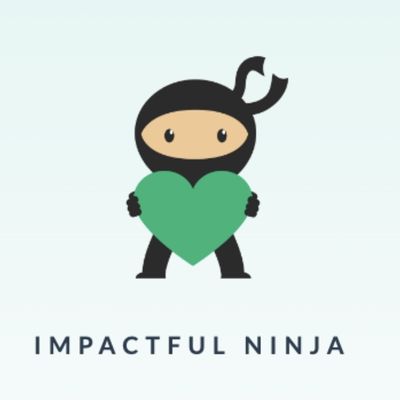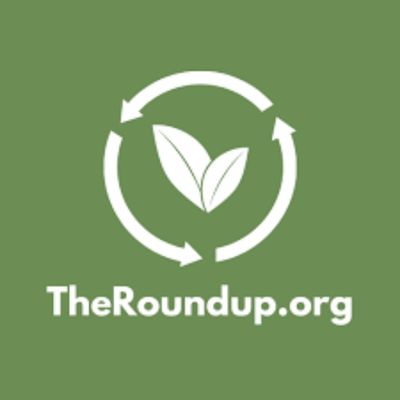With so many global charities supporting the climate, we are proud and grateful to see several publications recognize Rainforest Foundation US on their “Best Charities” lists, because in doing so, they are implicitly recognizing the incredible work being carried out by our indigenous partners—the rainforests’ best protectors.
Marie Claire said earlier this year our programs were “groundbreaking.” Gizmodo heralded us for our work “with Indigenous communities on the front lines.” And The Roundup called us “a leading charity fighting climate change.”
Each year, we work hard to earn and keep the trust of our donors, and to ensure that the bulk of our funding goes directly into our programs, which support our indigenous partners. This, combined with high levels of financial transparency, has helped us keep our top four-star rating for years with Charity Navigator—the gold standard of charity assessment.
Rainforest communities are some of the most marginalized people in the world, and yet they are defending—often thanklessly and at great risk—one of the world’s most precious resources: the forests that need to stay standing to blunt the impact of the climate crisis. We are honored to be able to continue to support our partners, and their incredibly important work for the planet.
Some of the Lists We’ve Been Featured on Recently:
- Marie Claire: In Honor of Earth Day, Donate to These Organizations
- The Roundup: 17 Top Climate Change Charities that REALLY Make a Difference
- Deseret News: Looking to give back this holiday season? Here’s where you can donate
- Make Use Of: 7 Amazing Charities That Accept Cryptocurrency Donations
- Impactful Ninja: 9 Best Charities for Protecting the Amazon Rainforest
- Gizmodo: A Gift Guide For Doing Good: How To Give in Support of Climate Causes
- Vox: How to Give a Meaningful Holiday Gift This Year
- Bloomberg: If Your New Year’s Resolution is to ‘Do Better,’ Start Here
- Greenmatters: Looking to Help Combat Climate Change? Donate to These Sustainability Charities
- Donorbox: 10 Best Charities Actively Fighting Climate Change
- Buzzfeed: 9 Charities that Support the Amazon Rainforest













